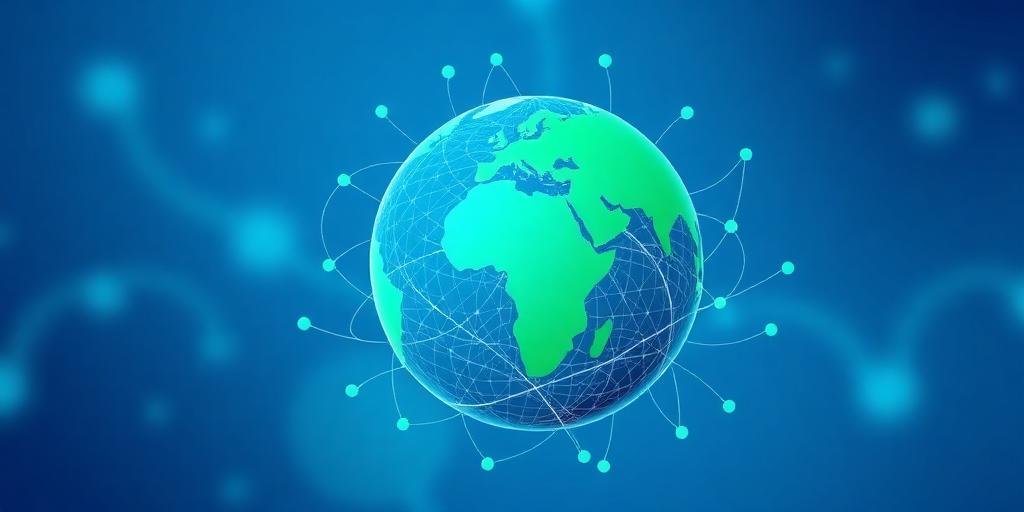The Role of AI in Global Health
Artificial intelligence (AI) is rapidly transforming various sectors, and healthcare is no exception. In global health, AI offers unprecedented opportunities to improve outcomes, enhance efficiency, and address some of the most pressing challenges facing healthcare systems worldwide. This article explores the multifaceted role of AI in global health, highlighting its applications, benefits, and potential challenges.
AI in Diagnostics and Disease Detection
One of the most promising applications of AI in global health is in diagnostics and disease detection. AI algorithms can analyze medical images, such as X-rays and MRIs, with remarkable accuracy, often surpassing human capabilities. This is particularly valuable in regions with limited access to specialized medical professionals. For example:
- Tuberculosis (TB) Detection: AI algorithms can quickly screen chest X-rays for signs of TB, enabling early detection and treatment in high-burden countries.
- Malaria Diagnosis: AI-powered microscopes can analyze blood samples to detect malaria parasites, improving diagnostic accuracy and speed.
- Cancer Screening: AI can assist in the early detection of various cancers, such as breast and cervical cancer, by analyzing mammograms and Pap smears.
Enhancing Healthcare Delivery
AI is also playing a crucial role in enhancing healthcare delivery, particularly in resource-constrained settings. AI-powered tools can:
- Optimize Supply Chains: AI can predict demand for essential medicines and supplies, ensuring that healthcare facilities have the resources they need, when they need them.
- Improve Patient Monitoring: Wearable sensors and AI algorithms can continuously monitor patients' vital signs, alerting healthcare providers to potential problems before they become critical.
- Personalize Treatment Plans: AI can analyze patient data to develop personalized treatment plans, optimizing outcomes and reducing the risk of adverse effects.
Addressing Global Health Challenges
AI is being used to tackle some of the most significant global health challenges, including:
- Pandemic Preparedness: AI can analyze data from multiple sources to predict and monitor outbreaks of infectious diseases, enabling rapid responses to contain their spread.
- Drug Discovery: AI algorithms can accelerate the drug discovery process by identifying potential drug candidates and predicting their efficacy.
- Health Equity: AI can help address health disparities by identifying populations at risk and tailoring interventions to meet their specific needs.
Challenges and Considerations
While AI offers tremendous potential in global health, it is essential to acknowledge and address the challenges associated with its implementation:
- Data Privacy and Security: Ensuring the privacy and security of patient data is paramount. Robust data governance frameworks and security measures are necessary to protect sensitive information.
- Bias and Fairness: AI algorithms can perpetuate and amplify existing biases if they are trained on biased data. It is crucial to ensure that AI systems are fair and equitable across different populations.
- Infrastructure and Resources: Implementing AI solutions requires adequate infrastructure, including reliable internet access, computing power, and skilled personnel. Investments in these areas are essential to realize the full potential of AI in global health.
Conclusion
AI is poised to revolutionize global health, offering innovative solutions to improve diagnostics, enhance healthcare delivery, and address critical health challenges. By leveraging the power of AI, we can work towards a healthier and more equitable future for all. Addressing the challenges and ethical considerations associated with AI implementation is crucial to ensure that its benefits are realized in a responsible and sustainable manner.









